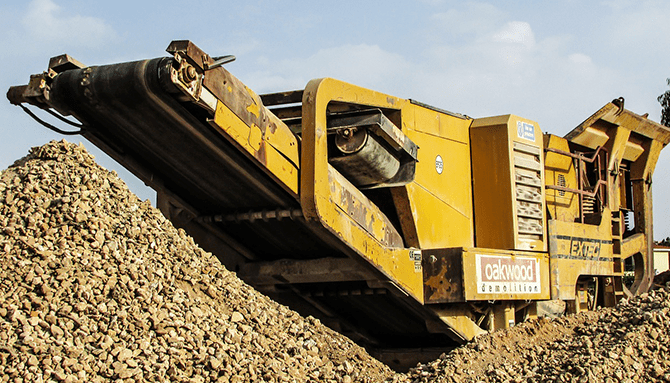Applying Crushed Rocks on Farmland Could Help Capture Billions of Extra Tonnes of CO2 per Year Says New Study
A new study led by the University of Sheffield, published in Nature in July, claims that spreading rock dust on farmland could remove up to up to two billion tonnes of carbon dioxide (CO2 ) from the air per year.
The process, called enhanced rock weathering, consists of layering rock dust onto soil. The crushed basalt or other silicate material added to soil slowly dissolves and reacts with CO2 to form carbonates which either remain in the soil or move towards the ocean, storing carbon in that form.
The study estimates the average cost of removing atmospheric CO2 through enhanced rock weathering at between $55-190 per tonne of CO2 , depending on the country, which the researchers claim could make it comparable to the cost of other carbon dioxide reduction proposals. Due to their extensive farmland, China, the United States and India, are estimated to have the highest potential for CO2 removal using this method.
The technique could also potentially benefit soil health by providing essential plant nutrients, such as calcium and magnesium, and increasing soil pH that could help to increase crop production and thus also soil organic matter.
Despite the promising news, the researchers acknowledged that this theoretical analysis requires long-term real-world trials to gauge the technology’s realistic potential and risks. Increased demand for rock dust could potentially lead to increased pollution from mining or grinding operations while the effect of layering dust that may contain metals and persistent organic compounds on agricultural soils could have unknown implications. In addition, transportation costs would seem high and farmers may need additional incentives to persuade them to use the technique.
Still, with a growing focus on techniques to mitigate global warming and help achieve the UN’s Sustainable Development Goals, and an acknowledgement of the important role of agriculture to help accomplish this, enhanced rock weathering could complement other soil carbon sequestration solutions while also helping to make food systems more sustainable.

